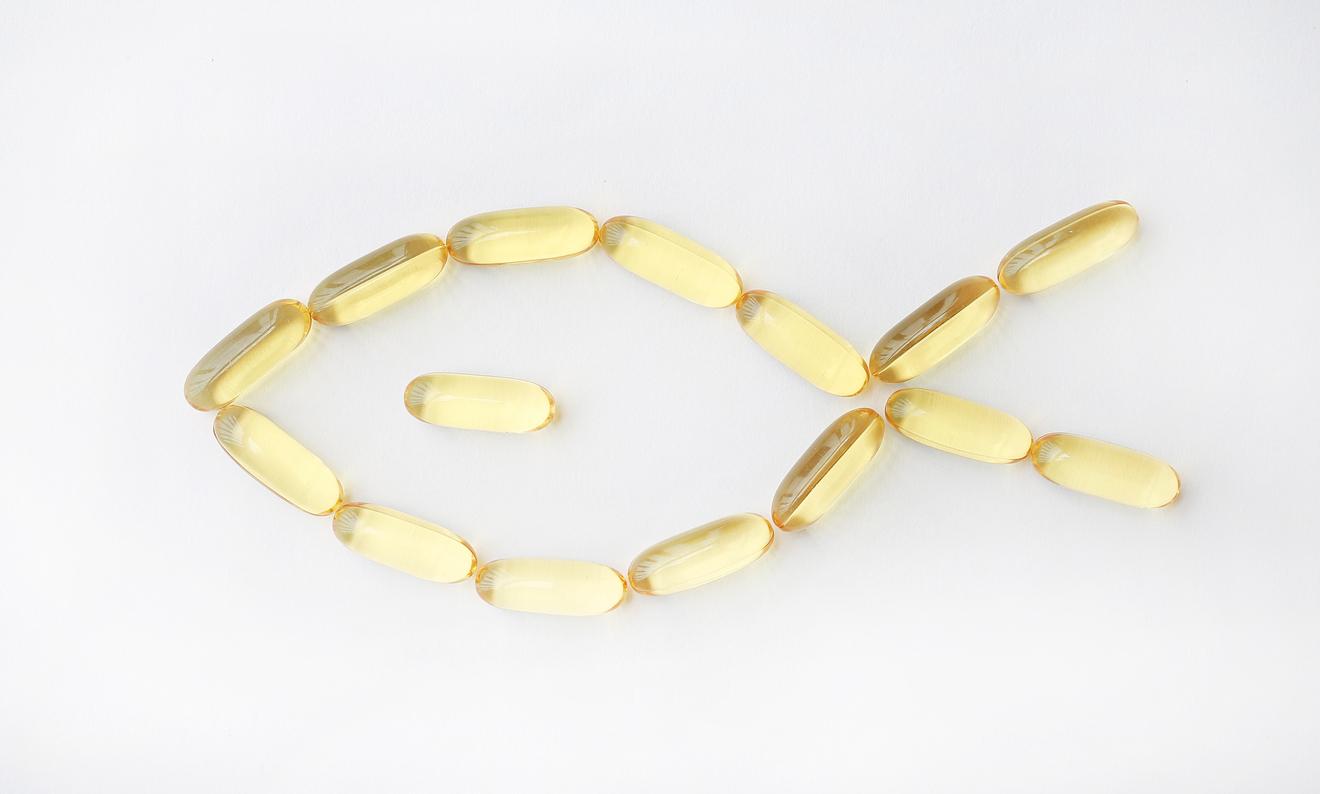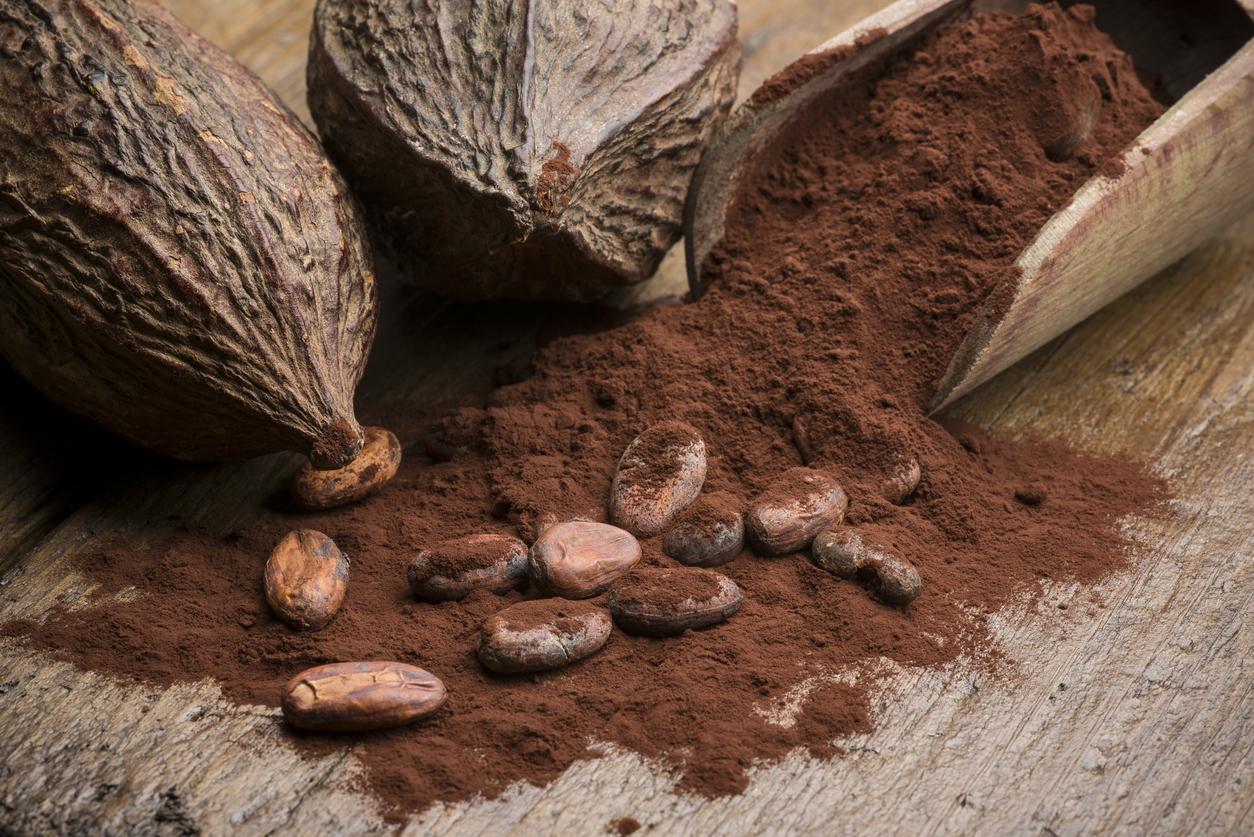Researchers have found that vitamin K supplementation could potentially alleviate the effects of myotubular myopathy, a rare genetic disorder.

- A study carried out by Inserm, the CNRS and American researchers reveals that vitamin K could alleviate certain symptoms of myotubular myopathy, a rare and severe genetic disease which affects the muscles of newborns.
- By targeting the VPS34 enzyme, linked to excess harmful lipids in muscles, vitamin K improved muscle strength and survival in mouse models of the disease.
- Although promising, these results will need to be confirmed by clinical trials before considering vitamin K as a potential treatment to improve the mobility and autonomy of patients.
Myotubular myopathy, a rare genetic disease caused by mutations in the MTM1 gene located on the X chromosome, affects approximately one in 50,000 children. This serious pathology manifests itself from birth by generalized muscle weakness and respiratory problems. Currently, there is no treatment, and understanding of the mechanisms of the disease remains partial. A new study conducted by theInsermTHE CNRS and the University of Strasbourg, in collaboration with American teams, is nevertheless opening a promising avenue: vitamin K supplementation.
The potential of vitamin K
Myotubular myopathy is caused by a mutation in the MTM1 gene, which results in loss of the MTM1 protein and causes accumulation of a lipid, PI3P. This excess PI3P changes the structure and size of muscle fibers, thereby compromising muscle function. The researchers were interested in an enzyme called VPS34 kinase, known to produce this lipid and counter the action of the MTM1 protein. In this context, inhibiting VPS34 activity could potentially attenuate the effects of the disease.
By studying this mechanism, the team of Jocelyn Laporte, research director at the Institute of Genetics and Molecular and Cellular Biology (IGBMC), discovered that the VPS34 enzyme can be blocked by an oxidation process. Based on this hypothesis, researchers explored the potential of vitamin K, known for its oxidative properties, to influence the action of this enzyme and, therefore, the symptoms of myotubular myopathy.
Relieve symptoms of myotubular myopathy
To test this hypothesis, the researchers administered a vitamin K precursor to mouse models of the disease. As a result, vitamin K supplementation helped extend the life expectancy of rodents, improve their muscle mass and structure, and optimize their motor skills. “This confirms our belief that action on the VPS34 kinase via vitamin K could be a promising route to alleviating the symptoms of the disease,” assure the scientists.
This advance, published in the journal Sciencepaves the way for more in-depth studies and, potentially, clinical trials. Although the results obtained are preliminary and based on an animal model, they suggest that vitamin K could improve the quality of life of patients with myotubular myopathy, by strengthening their autonomy and relieving their muscle weakness.
















